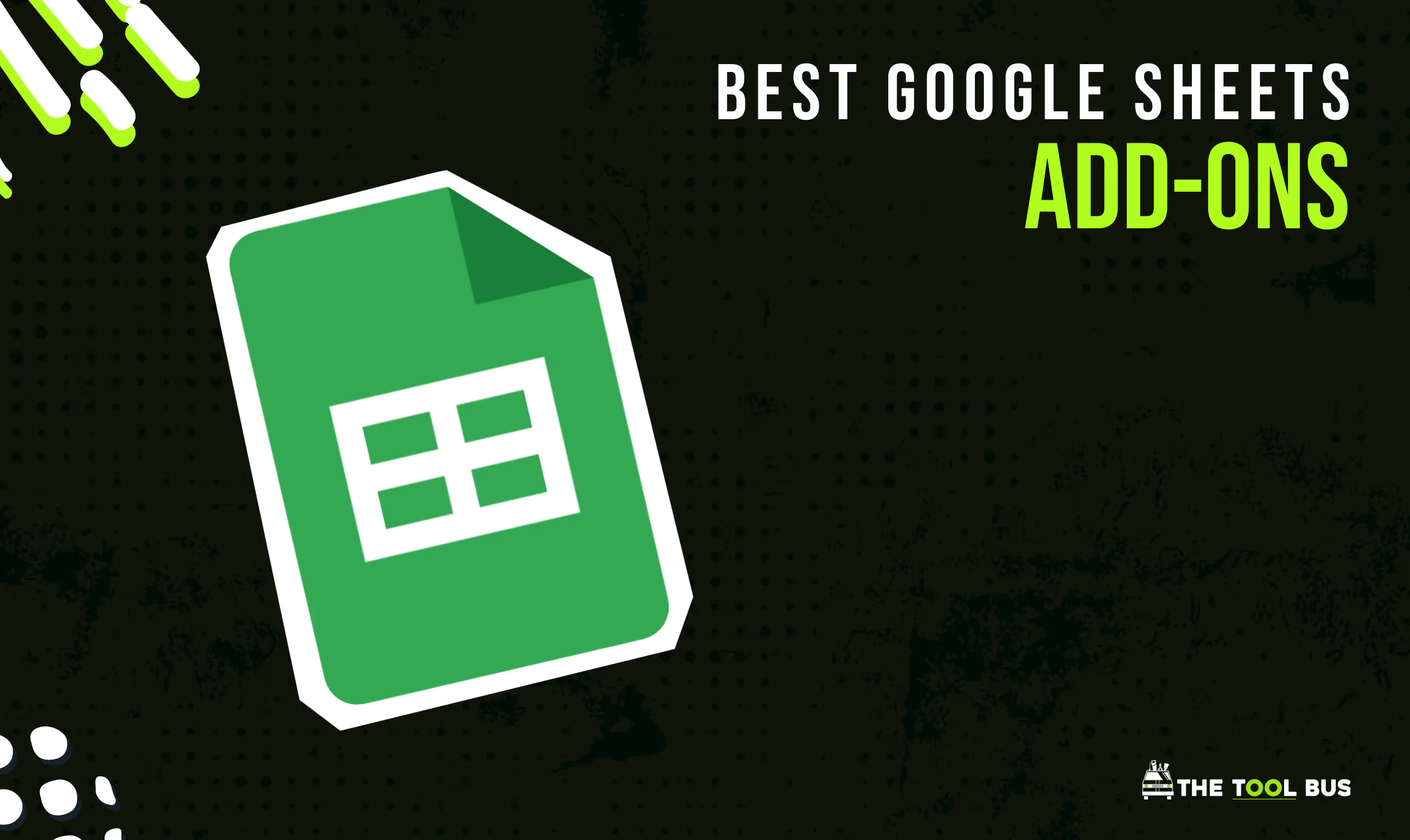7 Best Notion Alternatives

With over a decade of experience in digital productivity tools, I’ve found that while Notion is a popular all-in-one workspace, it doesn’t meet everyone’s needs. Each user has unique preferences, and sometimes other tools can offer a better fit for specific requirements.
Whether you prioritize privacy, offline access, or specialized features, exploring alternatives can significantly enhance your workflow. I’ve selected these tools based on their unique capabilities, user experience, and suitability for different tasks. Here are seven of the best Notion alternatives to consider, each designed to boost your productivity and streamline your processes.
1. Coda
Overview: Coda is recognized for its powerful formulas and robust database capabilities, making it a flexible choice for both simple and complex projects.
Key Features:
- Modular Design: Allows for the creation of documents, tables, and boards within a single platform.
- Extensive Integrations: Connects with numerous third-party applications to streamline workflows.
- Data Security: Encrypted data ensures enhanced privacy and security.
Pros: Highly customizable and versatile, making it suitable for a variety of use cases.
Cons: Has a steeper learning curve and lacks full offline functionality, which may hinder some users.
Best For: Ideal for users who need extensive customization and powerful database features, offering a comprehensive solution for managing complex tasks.
2. Obsidian
Overview: Obsidian is a powerful note-taking app focused on knowledge management, perfect for users who prioritize privacy and offline access.
Key Features:
- Local Storage: All data is stored locally, ensuring privacy and offline accessibility.
- Graph View: Visualize interconnected notes to see relationships between ideas.
- Customizable with Plugins: Enhance functionality with a wide range of plugins to suit individual needs.
Pros: Strong privacy features and complete offline functionality, making it ideal for secure personal use.
Cons: Limited collaborative features and lacks native table support, which may be a drawback for some users.
Best For: Individuals who need a personal knowledge base, such as students and writers, who benefit from organized, interconnected note-taking.
3. ClickUp
Overview: ClickUp is a comprehensive project management tool that combines task tracking with documentation, making it an excellent choice for teams.
Key Features:
- Task Management: Includes timelines, goals, and detailed task tracking to enhance project visibility.
- Integrated Docs and Spreadsheets: Offers robust documentation capabilities alongside project management.
- Collaboration Tools: Facilitates teamwork with features like comments, mentions, and shared views.
Pros: Versatile and feature-rich, providing a wide range of tools for team collaboration and project management.
Cons: Can be overwhelming due to its extensive capabilities, which may require a learning curve.
Best For: Ideal for teams needing robust project management tools alongside documentation, perfect for managing complex projects with multiple collaborators.
4. Anytype
Overview: Anytype is an open-source, privacy-focused tool that emphasizes user data ownership and robust offline functionality.
Key Features:
- Offline Access: Operates offline with end-to-end encryption, ensuring strong privacy and data security.
- Knowledge Graph: Organizes data visually, allowing users to see relationships between different pieces of information.
- Markdown Support: Provides flexible content creation, catering to various documentation needs.
Pros: Strong privacy features and decentralized data storage, promoting user data ownership.
Cons: Still in development, so it may have fewer advanced features compared to other tools.
Best For: Users who prioritize privacy and data ownership, ideal for those looking for a secure, offline workspace..
5. Mem
Overview: Mem leverages AI to enhance note organization and task management, making it ideal for users who value technology-driven solutions.
Key Features:
- AI-Generated Connections: Automatically creates links between related notes, helping users see connections in their information.
- Automated Tagging: Streamlines organization by tagging and categorizing notes based on content.
- Integrations: Works seamlessly with various productivity tools to enhance workflow.
Pros: Increases productivity with AI-driven features that simplify note-taking and task management.
Cons: May require adjustments for users accustomed to traditional note-taking methods.
Best For: Users who benefit from AI assistance in organizing their workspace, ideal for those looking for an innovative approach to productivity.
6. Slite
Overview: Slite focuses on team knowledge management, providing collaborative editing and document management, making it ideal for team-based environments.
Key Features:
- Collaborative Document Editing: Allows multiple team members to edit and update documents in real time.
- AI-Powered Search: Enhances knowledge discovery and organization with advanced search capabilities.
- User-Friendly Interface: Simple and intuitive, making it accessible for all team members.
Pros: Strong collaboration features and ease of use, making it perfect for teams.
Cons: Limited project management capabilities compared to more comprehensive tools.
Best For: Teams that focus on collaborative knowledge management and document sharing, ensuring everyone stays informed and engaged.
7. AppFlowy
Overview: AppFlowy is an open-source alternative that emphasizes privacy and customization, offering a straightforward and user-friendly interface.
Key Features:
- Offline Access: Allows users to work without an internet connection, ensuring data privacy.
- Kanban Board: Facilitates project management with a visual workflow.
- Markdown and WYSIWYG Support: Offers flexibility in content creation with both markdown and a rich text editor.
- Lightweight: No tracking, ensuring a focus on user privacy.
Pros: Open-source with a strong emphasis on privacy and customization.
Cons: Still in development, offering fewer features compared to more established tools like Notion.
Best For: Users seeking a self-hosted, customizable solution that prioritizes privacy, ideal for those who prefer control over their data and a tailored workspace.
Conclusion
Exploring Notion alternatives can help you find the best tool for your specific needs, whether you value privacy, offline access, or advanced features. Each of these alternatives offers unique benefits, tailored to different workflows and preferences.
Consider what’s most important to your productivity, and choose accordingly. By selecting the right tool, you can enhance your efficiency and ensure your workspace aligns with your goals. Ultimately, this thoughtful selection will support your overall success and satisfaction in your digital workspace.



